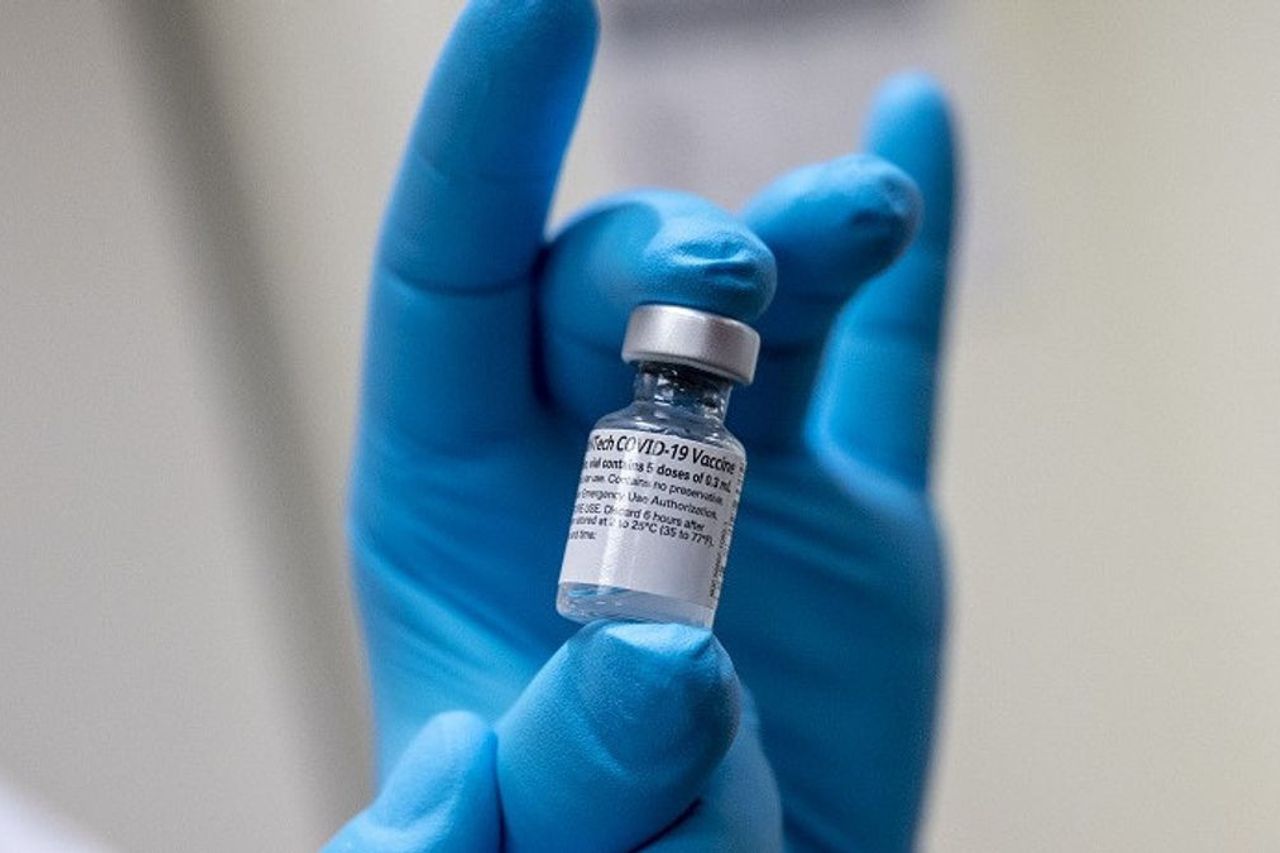Good News! Ministry Of Health To Start Distribution Of AstraZeneca Vaccines Next Monday, Collaborating With Biofarma And UNICEF

JAKARTA - Spokesperson for the COVID-29 Vaccination Ministry of Health, Siti Nadia Tarmizi, revealed that the AstraZeneca vaccine will begin to be distributed starting Monday next week.
The government gave an emergency permit for the AstraZeneca vaccine after the MUI fatwa allowed the British vaccine to be used in the national vaccination program. With this decision, the suspension of the use of the vaccine is automatically lifted.
"The Ministry of Health as the national vaccinator will start distributing AstraZeneca vaccines by next Monday," Nadia said in a virtual press conference, Friday, March 19.
"Of course we will prepare things related to packaging and distribution readiness so that we can accelerate this vaccination program again," he continued.
Nadia said, the Ministry of Health will cooperate with various parties who are experienced in vaccine distribution, both PT. Biofarma or UNICEF to ensure that all Indonesian citizens can enjoy their right to get the COVID-19 vaccine.
"I urge the public, this is not the time to be selfish. We have lost our family, relatives, friends and closest friends. The sooner we vaccinate, the sooner we achieve immunity. The sooner we get out of this pandemic," he stressed Nadia.
Previously, the European Drug Administration (EMA) and the UK's Medicines and Health Products Regulatory Agency (MHRA) confirmed that the AstraZeneca COVID-19 Vaccine is Safe and Effective.
On Thursday, 18 March 2021, through a media conference, the British Medicines Health Regulatory Authority (MHRA) and the European Medicine Agency (EMA) confirmed that the benefits of AstraZeneca's COVID-19 Vaccine far outweigh the risks. .
Previously, the MHRA announced the results of their review of multiple thromboembolic events among the more than 11 million people who received the AstraZeneca COVID-19 Vaccine in the UK.
UK regulators confirm that the benefits of vaccines in preventing COVID-19 far outweigh the risks, and the public is recommended to stick to the vaccination process.
After conducting a rigorous scientific review, the MHRA concluded that there is no evidence to suggest that blood clots are more likely to occur in the general population who are not vaccinated.
A review of five reports in the UK of a very rare and specific type of blood clot in the cerebral veins (sinus vein thrombosis) that coincided with decreased platelets (thrombocytopenia) is currently ongoing.
This has been reported in less than 1 incident in 1 million people vaccinated in the UK so far, and it can also occur naturally (without vaccination), meaning that the causal relationship to the vaccine has not been established.
Furthermore, the Pharmacovigilance Risk Assessment Committee (PRAC) of the EMA concluded that there was no increased risk of overall blood clots (thromboembolic events) from the use of the AstraZeneca COVID-19 Vaccine.
However, PRAC also concluded that, in very rare cases of serious thromboembolic events with thrombocytopenia, there was no evidence of a causal relationship with the vaccine, but may need further analysis. Additionally, there is no evidence of any problems related to specific vaccine batches or specific production sites.
AstraZeneca will continue to work with health authorities to ensure the correct use of the AstraZeneca COVID-19 Vaccine.
AstraZeneca is aware of and will implement PRAC recommendations, including on updating product information, while continuing to seek to understand the basis and relevance of these events to ensure safe use of vaccines during times of public health crisis.
Analysis of the AstraZeneca safety database on the tens of millions of administrations of the AstraZeneca COVID-19 Vaccine does not indicate that this incident is more likely to occur than would be expected in millions of other general population.
